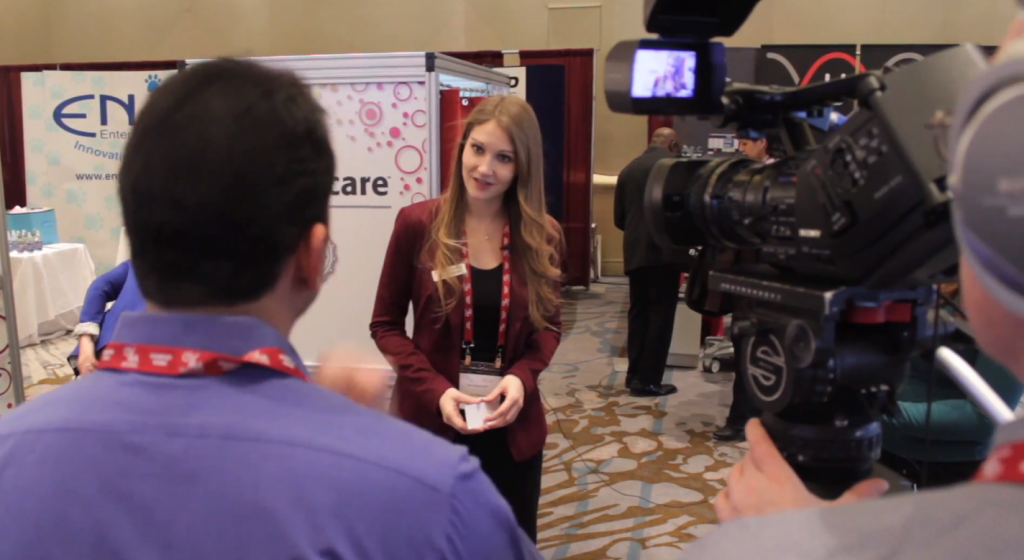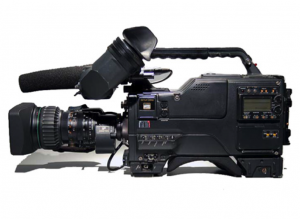It’s always our goal to deliver the best results with every video. When clients are appearing in their own video it’s our job to help them look good on camera. Our advice to them comes from 20 years of production experience and learning from our mistakes, and the mistakes of others. When a client is going to appear on-camera we have the advantage of hindsight, knowing what works and how to prepare.
If you are being interviewed for your video, prepare, but don’t memorize your answer. The most important part of any video, especially a corporate video, is authenticity. Interview subjects often fear they will forget a particular point so they try to memorize their answers. Since they are not award-winning actors, they appear robotic and it doesn’t really matter what they say anymore; it’s obvious that they’ve memorized their response. Now they’ve created a credibility issue – do they even know the answer? Did someone else write his or her answer? The take-away from this is be yourself. You know the answer. Relax, don’t over analyze, and just have a conversation with your interviewer. For all our Toronto clients we send a tip sheet on all the little things to help them prepare for their interview.
Related to the subject of interviews in a video production is the question, “Can we both be interviewed at the same time?” Most often the answer should be “no”. The reason why is because while one person is giving their answer, the other person is doing nothing. Now the other person looks weak or like they’re playing second fiddle. Also, it can give the impression that the answers aren’t as sincere, that these are the ‘approved’ answers. For true authenticity it’s better to see one person, answering as themself, alone.
While interview-style is the predominant format for corporate video productions, there are occasions when you, the client, will be the presenter. In such a circumstance, remember this: the teleprompter is a gift from heaven. If you are addressing the camera directly, don’t “wing it”. Unless you have years of TV reporting experience you will not be as good as you think. What seems like a constraint that is limiting your creative flow is actually a huge support that removes your need to remember what you were going to say, also removing that confused look on your face when you struggle to think of what comes next. If you want to practise, there is teleprompting software available for an iPad that scrolls by, allowing the user to get used to the flow and pace of their message. Practising is a good idea if it’s at all possible because it will save time and money on the production day. But in the event that you haven’t even had the time to even read your message, let alone practise it, your production team (if they are professional) will be patient and get you through it.





